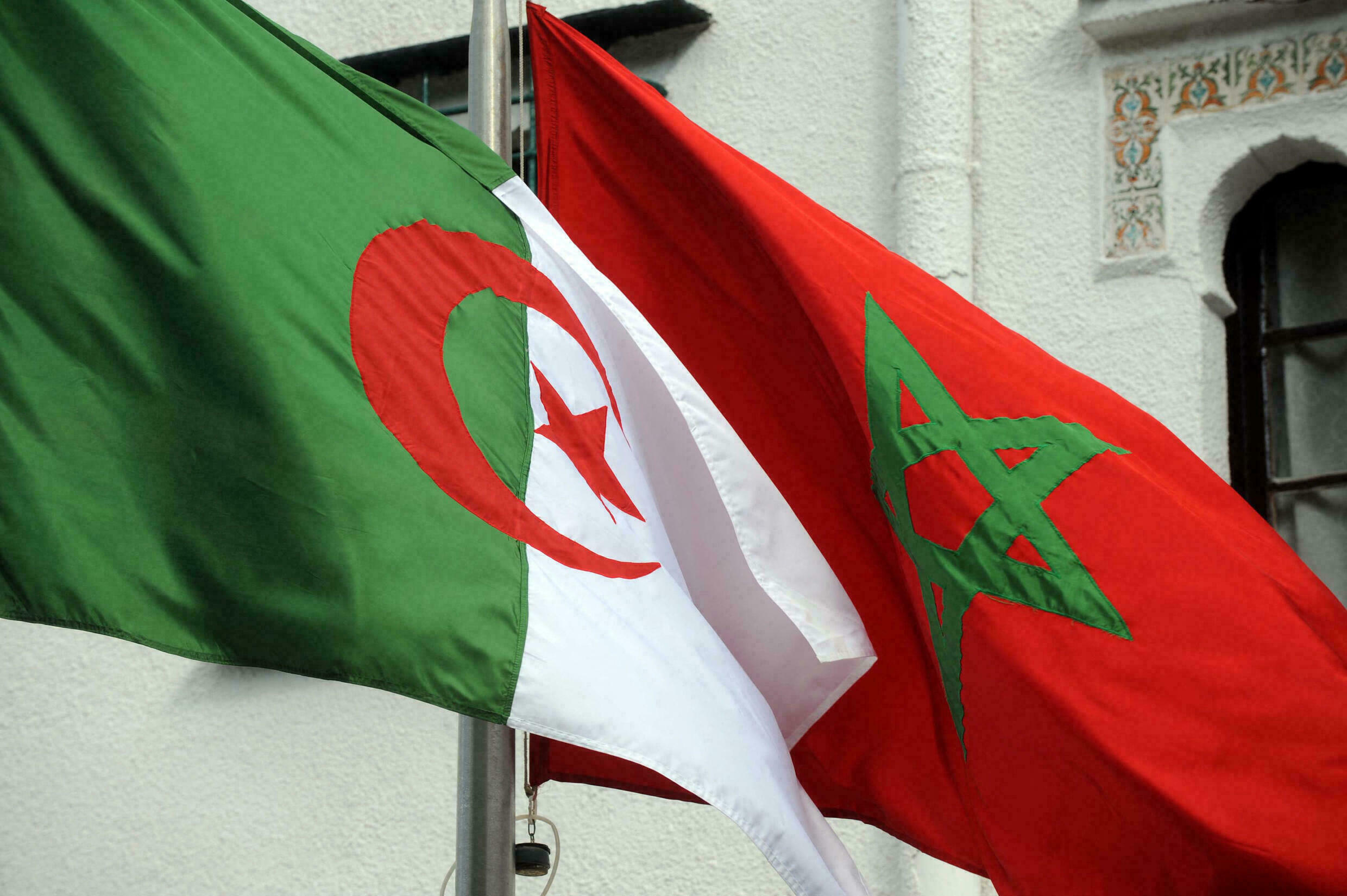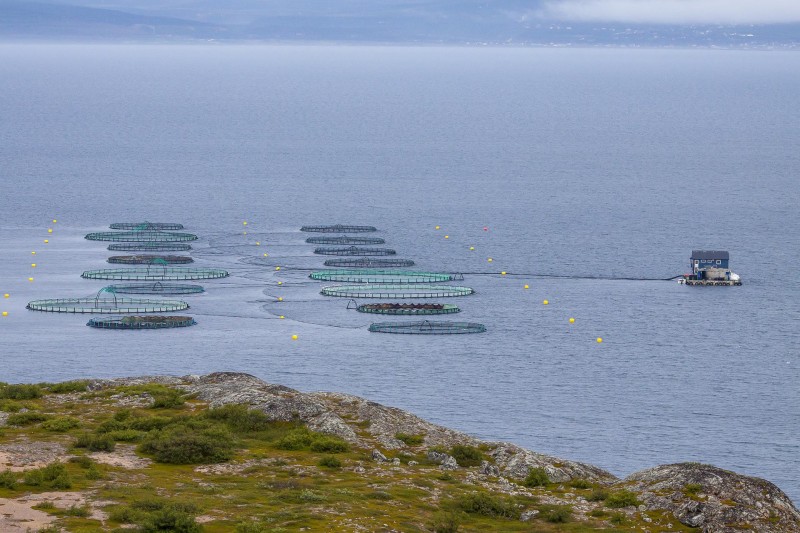In a recent interview with Atalayar, Spanish historian Julio Crespo MacLennan offered a compelling vision of Morocco’s pivotal role in the region and its potential for future growth. MacLennan, a renowned expert in international relations and author of seven books, painted a picture of Morocco as a unique nexus between Africa, the Mediterranean, and the Atlantic worlds.
A Tri-Continental Powerhouse
MacLennan’s analysis centered on Morocco’s distinctive position as a country straddling three vital geopolitical spheres. As the gateway to Africa, Morocco serves as a crucial link to the continent’s vast potential. Its Mediterranean coastline bridges Europe and North Africa, fostering cultural and economic exchanges. Simultaneously, Morocco’s Atlantic facade connects it to the Americas, positioning the country as a vital hub for intercontinental trade and diplomacy.
This geographical and cultural confluence, MacLennan argues, presents Morocco with an unparalleled opportunity to elevate its international standing and influence global affairs.
Navigating Challenges, Seizing Opportunities
The interview touched on the ongoing Western Sahara situation, with MacLennan noting the significance of the United States’ support for Morocco’s territorial claims. While acknowledging the current complexities, he expressed optimism that this development could pave the way for a resolution to the long-standing conflict with Algeria.
Looking beyond regional disputes, MacLennan highlighted Morocco’s economic potential. In an era of shifting global supply chains, he envisions Morocco emerging as a key manufacturing hub for Europe and the Atlantic region. This strategic positioning could play a crucial role in rebalancing production between Europe and Africa, addressing vulnerabilities exposed by recent global disruptions.
MacLennan’s vision extends beyond economics. He foresees Morocco evolving into a cultural and scientific powerhouse in the coming decades, leveraging its position as a leader in the Arab world and its openness to European influences.
A Pan-African Influence
The historian praised Morocco’s growing influence across Africa, tracing its roots to the 1945 Casablanca Accords. Today, Moroccan enterprises span 30 African countries, with significant investments in banking, insurance, telecommunications, and other vital sectors. MacLennan also commended Morocco’s efforts to promote moderate Islam, viewing it as a stabilizing force in a region often grappling with extremism.
The Path to Regional Harmony
Addressing Morocco’s complex relationship with Algeria, MacLennan characterized the current Algerian stance as “intransigent and uncooperative.” He suggested that resolving the Western Sahara issue could serve as a catalyst for peace between the two nations, benefiting the entire region.
Drawing parallels with the European Union’s post-World War II integration, MacLennan emphasized the transformative power of overcoming historical animosities. He stressed the importance of maintaining open dialogue and focusing on the long-term benefits of cooperation.
A Future Full of Promise
As the interview concluded, MacLennan’s portrayal of Morocco was one of a nation poised for greatness. With its unique tri-continental position, forward-thinking policies, and growing influence, Morocco stands ready to play a leading role in African development, Mediterranean cooperation, and Atlantic trade.
In a world of shifting global dynamics, Morocco’s strategic location and visionary approach could see it emerge as a key player on the world stage, bridging continents and shaping the future of the region and beyond.



